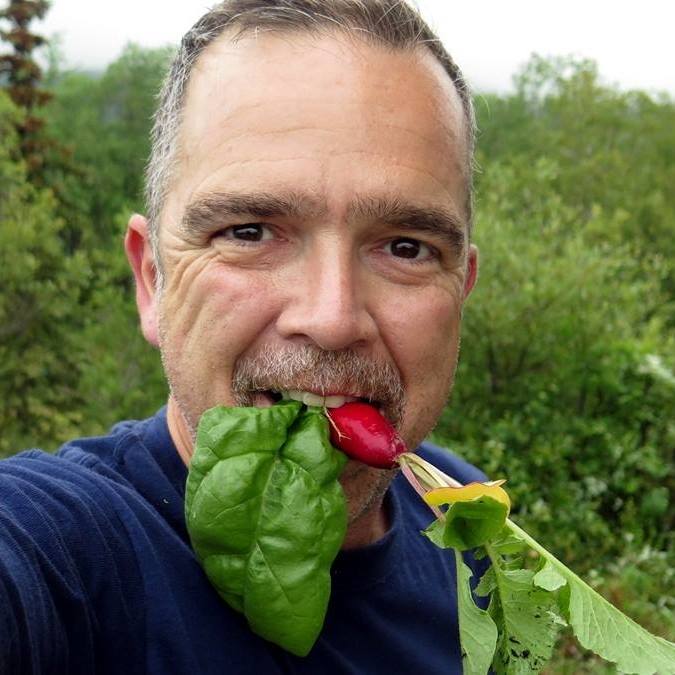ACEP and the World Wildlife Fund

The Baker Lake and Rankin Inlet in Nunavut Territory have been selected by World Wildlife Fund-Canada (WWF) and their project partner, Waterloo Institute for Sustainable Energy (WISE), as cost-effective and carbon-effective candidates for the deployment of renewable energy, with a special emphasis on wind and solar energy. ACEP will engage WWF-Canada and local stakeholders in the development of a comprehensive community energy plan for each hamlet, as well as the concurrent creation of a resource assessment plan to support future wind or solar project development for each community. This will result in the creation of a technical specification for the installation of a meteorological tower in each community that will be used to collect high-resolution data on solar irradiance, temperature and wind speed/direction and will serve as the basis for a formal Request for Proposal (RFP) to complete a more comprehensive resource assessment in the future. During site visits to each community, ACEP will audit existing power generation and transmission infrastructure and identify public buildings suitable for dispatchable heat loads.


